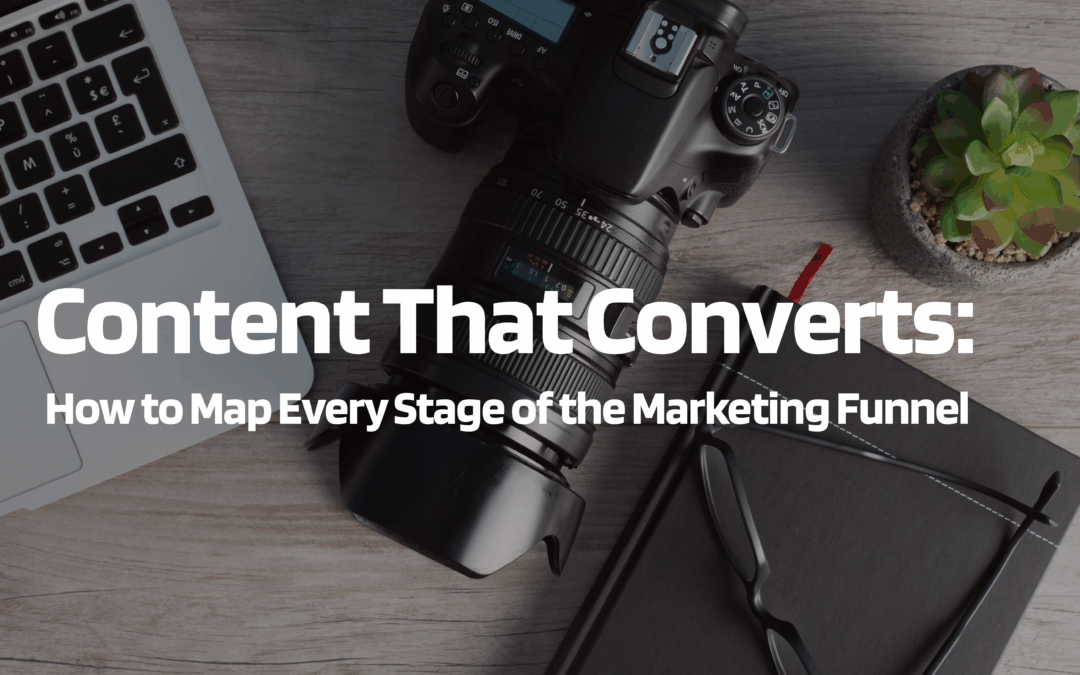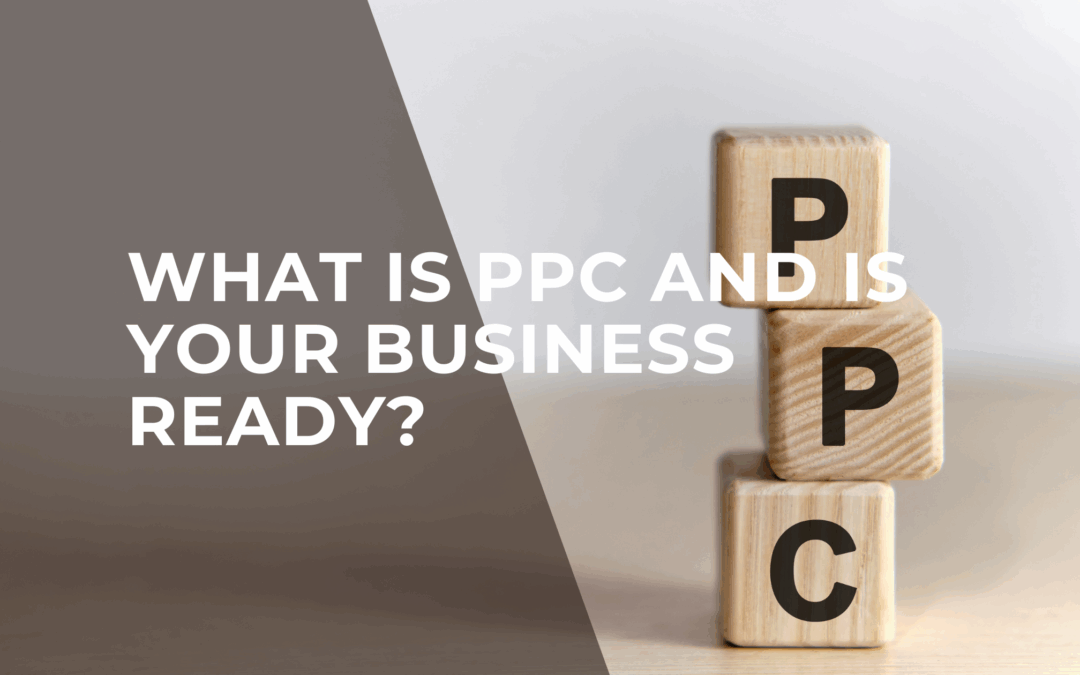Written by Ben Farrington 06/11/2024

Mastering SEO for Small Businesses in the UK: Simple Steps to Search Success
Let’s talk SEO (Search Engine Optimisation) – that elusive, sometimes overwhelming term that sounds like something only big brands and tech giants need. Here’s the truth: SEO can be every bit as powerful (and doable) for small and medium-sized enterprises (SMEs) as it is for household names. Whether you’re running an indie bookshop in Brighton, a family-run café in Manchester, or a small accounting firm in Birmingham, SEO can help your brand be discovered online by local customers – without needing a huge marketing budget. Let’s dive into the basics and cover how SMEs in the UK can make SEO work for them.
Why SEO Matters for UK SMEs
Simply put, SEO is about making sure your website shows up in search results when potential customers look for businesses like yours. Imagine you’re running a local bakery in Bristol, and someone searches for “best pastries near me.” Good SEO makes it more likely that your bakery will pop up near the top of their search results, attracting that customer to you rather than to your competitors.
SEO is, in many ways, your business’s digital personality – it’s how your brand can attract and impress new customers online, even if you’re not competing with larger companies’ ad budgets. Done right, SEO can be a game-changer for small businesses trying to stand out in local markets.
Step 1: Find the Right Keywords for the UK Market
Keywords are essentially the phrases people type into search engines when looking for information, products, or services. For small businesses, keywords can often be highly localised, like “independent bookshop in Brighton” or “tax advisor in Manchester.”
Start with a brainstorming session to list words and phrases that best describe your business. Consider what your customers might type into Google when looking for your service. Tools like Google Keyword Planner, AnswerThePublic, and Ubersuggest can help you find popular search terms in the UK market.
Focus on long-tail keywords – longer, more specific phrases that give you a better chance of ranking for exactly what people are searching. For instance, instead of “bakery,” you might use “organic sourdough bakery in Bristol.” The more precise you are, the better your chances of standing out in search results, connecting you with people looking for exactly what you offer.
Step 2: Optimise Your Website Content
Once you’ve gathered your keywords, it’s time to work them into your website. Use them naturally in page titles, headings, and within your content, but avoid keyword stuffing – search engines dislike that, and so will your visitors.
Let’s say you’re a local café. Your homepage title might read, “Cosy Independent Café in Manchester – [Your Café Name].” This helps search engines and visitors understand what makes your business unique. Remember to write compelling meta descriptions – these are the small descriptions that appear under your site’s link in search results. They serve as your “first impression,” so make them engaging and informative.
Don’t forget image alt tags! These are short descriptions for each image on your site, which can be another place to work in relevant keywords. For example, rather than saving a photo as “IMG_001,” name it “best-latte-manchester.jpg.” These small details add up, making your content more discoverable and relevant to search engines.

Step 3: Boost Visibility with Local SEO
For SMEs in the UK, especially if you’re catering to a local community, local SEO is invaluable. Start by setting up or optimising your Google Business Profile (formerly Google My Business), which controls how your business appears in Google Maps and local searches. A complete profile with correct information, business hours, photos, and regular updates can help your site rank higher when people search for services “near me.”
Encourage happy customers to leave reviews on Google. Positive reviews not only enhance your credibility but also boost your search rankings. For UK-based businesses, this is especially valuable, as search engines increasingly use reviews to evaluate a business’s reputation and relevance.
Step 4: Make Sure Your Site is Mobile-Friendly
With over 60% of searches happening on mobile devices, a mobile-friendly site is crucial. Your site should adapt well to smaller screens, with readable text, clickable buttons, and quick load times. UK shoppers and clients expect a seamless experience, whether they’re checking out a website on their phone while on the Tube or at their computer.
Most website builders like WordPress, Wix, and Squarespace offer mobile-responsive templates, so setting up a mobile-friendly site is simpler than ever. A mobile-optimised site not only improves user experience but is also favoured by search engines, which tend to reward mobile-friendly sites with higher rankings.

Step 5: Track Your Progress and Refine Your Strategy
One of the best things about SEO is its measurability. Using tools like Google Analytics or Google Search Console, you can see exactly how visitors find your site, what pages they visit, and how long they stay. Keeping an eye on these metrics allows you to identify which SEO strategies work best and refine your approach accordingly.
For example, if you notice that blog posts about “eco-friendly DIY tips” bring in a lot of visitors to your home decor shop’s site, consider expanding on that content theme. SEO isn’t a one-time task; the more you learn about your customers, the better you can tailor your content to match what they’re searching for.
Start Digital: Practical SEO Training for Small Businesses
If this sounds a bit overwhelming, know that you’re not alone. Many small businesses need a hand with navigating digital tools and SEO, which is where training programmes like Start Digital can make a huge difference. Start Digital offers a 12-week training module designed specifically for businesses and business owners who want to strengthen their online presence and gain a deeper understanding of digital tools, SEO, and digital marketing as a whole.
Through Start Digital, business owners can get hands-on training in everything from keyword research to on-page SEO, content optimisation, and local SEO. The programme demystifies the technical aspects and teaches small business owners the why and how of digital strategy, breaking it down into easy steps that can lead to higher rankings, better online visibility, and ultimately, more customer conversions. By the end of the 12 weeks, you’ll have the skills and confidence to manage your SEO in-house, allowing you to take advantage of SEO’s potential without having to hire costly agencies.
Final Thoughts
SEO might seem complex, but for UK SMEs, it’s really about taking small, consistent steps to improve your online visibility. With the right focus on keywords, engaging content, local optimisation, and a mobile-friendly design, your business can start climbing the search rankings and attracting local customers.
Remember, SEO is a digital handshake – a way for new customers to discover and connect with your brand online. Programmes like Start Digital can be an invaluable tool in your journey, equipping you with practical skills to manage your own SEO confidently. With a bit of effort, consistency, and the right training, your business can become the go-to option for local customers searching for exactly what you offer.















